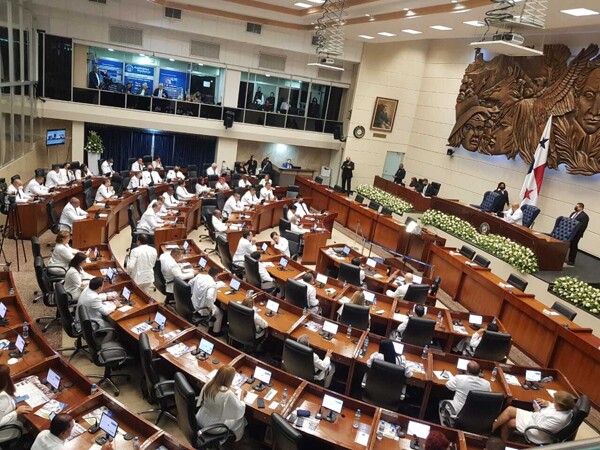The University of Panama was born at a historically relevant time for the country and for liberal thought in Latin America. Its founder, Octavio Méndez Pereira, advocated for an institution open to diverse thought and committed to national sovereignty. In his inaugural speech, he warned about the threat of imperialism in small nations like Panama and emphasized the importance of a culture based on autonomy and freedom.
Méndez Pereira conceived the university as a space for social transformation, where education played a key role. He faced criticism for promoting rebellion among students, whom he encouraged to understand and actively participate in the country's problems. His vision aligned with the ideals of the University Reform of Córdoba, which advocated for critical, inclusive education committed to Latin American reality.
The speech by President Mulino, seemingly critical of the university, is part of a broader strategy of social control aimed at weakening one of the last public spaces not dominated by private economic interests. According to Méndez Pereira, the university cannot remain aloof from national problems; it must be a beacon of intellectual freedom and constructive criticism.
To understand the current situation, it is useful to refer to Noam Chomsky's reflections on thought control in democratic societies. The University of Panama has been noted for its democratizing character and nationalist commitment, closely connected to the life of the country. Through figures like Méndez Pereira, the institution has sought to be an agent of change and resistance against external forces and projects of domination.














